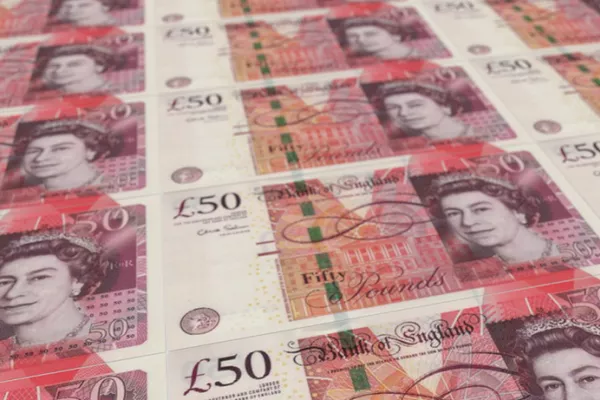In the world of finance and international trade, acronyms and abbreviations are commonplace. One such acronym, GBP, is highly recognized and frequently used in financial discussions, economic reports, and business transactions. GBP represents a critical component of global finance, carrying significant weight in international commerce. In this article, we will delve into the meaning of GBP, its significance, and the historical context that has shaped its prominence.
GBP: The Definition
GBP stands for “Great British Pound,” and it is the official currency of the United Kingdom. It is also known as “Pound Sterling” or simply “the Pound.” This currency has a long and storied history, dating back to the 8th century. The GBP is the fourth most traded currency in the foreign exchange market, commonly referred to as the Forex, following the United States Dollar (USD), Euro (EUR), and Japanese Yen (JPY).
Significance of GBP
The significance of GBP transcends its status as a national currency. It plays a crucial role in global finance and international trade, making it a vital component of the global economic system. Here are some key aspects of GBP’s significance:
International Trade: GBP serves as the currency for the United Kingdom and several of its territories. The United Kingdom is a significant player in the global economy, and the GBP is widely used in international trade. It is a preferred currency for conducting trade transactions due to the UK’s strong trading relationships with various countries.
Global Forex Market: The GBP is one of the major currencies traded in the foreign exchange market. Traders and investors around the world use GBP as a base or quote currency in various currency pairs. Notably, the GBP/USD currency pair is one of the most heavily traded pairs in the Forex market.
Financial Services Hub: London, the UK’s capital, is a major global financial center. The city hosts numerous banks, hedge funds, and financial institutions, making it a hub for financial services. The GBP plays a central role in this financial ecosystem.
Investment and Capital Markets: The United Kingdom offers a wide range of investment opportunities, including stocks, bonds, and real estate. Investors worldwide use GBP for investments in these markets. Additionally, the UK government issues bonds denominated in GBP, which are considered safe and reliable investments.
Historical Context
Understanding GBP’s historical context is essential to grasp its significance fully. The British Pound Sterling has a rich history dating back over a millennium.
Origins: The origins of GBP can be traced to the Roman period when the Roman pound was used as a unit of weight. It was used as a form of currency in various forms over the centuries. The Pound Sterling as we know it today has its roots in the medieval period.
Gold Standard: In the 19th and early 20th centuries, the UK adhered to the gold standard, which meant that the value of the Pound was tied to a specific amount of gold. This provided stability and predictability in international trade.
Decolonization: The decline of the British Empire in the mid-20th century led to the Pound Sterling losing some of its dominance in the global financial system. However, it remained an important currency in international trade and finance.
Decimalization: In 1971, the UK decimalized its currency, moving from the Pound to the decimal Pound Sterling we use today.
Economic Challenges: GBP has faced economic challenges, including fluctuations in exchange rates, recessions, and currency devaluations. These challenges have shaped the currency’s resilience and adaptability.
GBP in the Modern Context
Today, GBP continues to be a key player in the international financial landscape. Its value is influenced by various factors, including economic data, interest rates, political events, and global market trends. The exchange rate between GBP and other major currencies is watched closely by businesses, investors, and policymakers.
One of the critical aspects of GBP’s modern context is its relationship with the European Union (EU). In 2016, the UK held a referendum in which it voted to leave the EU, a process commonly referred to as “Brexit.” This decision had a profound impact on GBP and the financial markets. The uncertainty surrounding the negotiations and eventual withdrawal caused significant volatility in GBP exchange rates. After years of negotiations, the UK officially left the EU in January 2020, leading to further adjustments in trade and financial relationships.
In addition to Brexit, the global economic landscape, interest rate policies of the Bank of England, inflation rates, and geopolitical events all play a role in determining GBP’s value and stability.
Conclusion
GBP, the Great British Pound, is far more than just a national currency. It represents the history, significance, and influence of the United Kingdom on the global stage. Its role in international trade, the Forex market, and financial services makes it a vital player in the world of finance. Understanding its historical context, especially in light of events like Brexit, is crucial to comprehend the dynamics that shape this venerable currency. Whether you’re a trader, investor, or simply a global citizen, GBP’s importance should not be underestimated in the interconnected world of finance.


